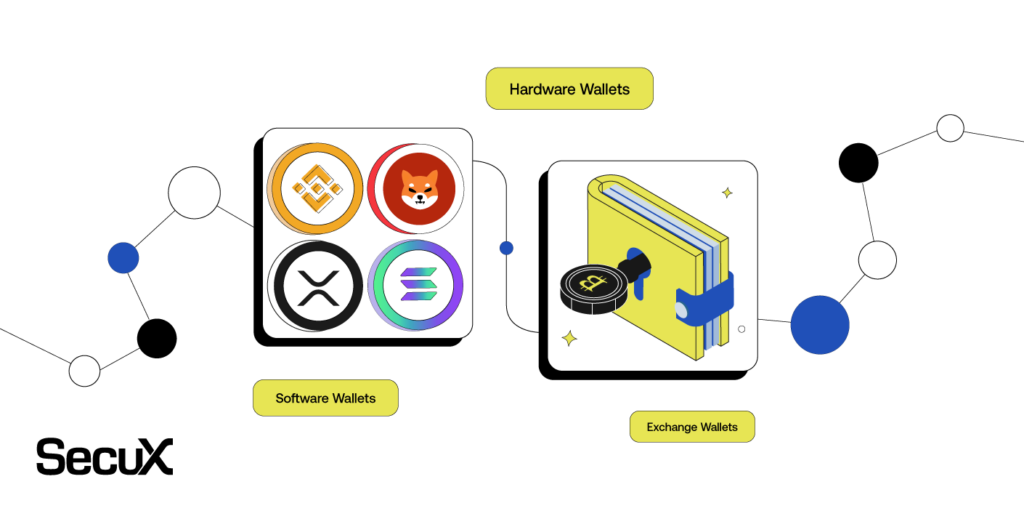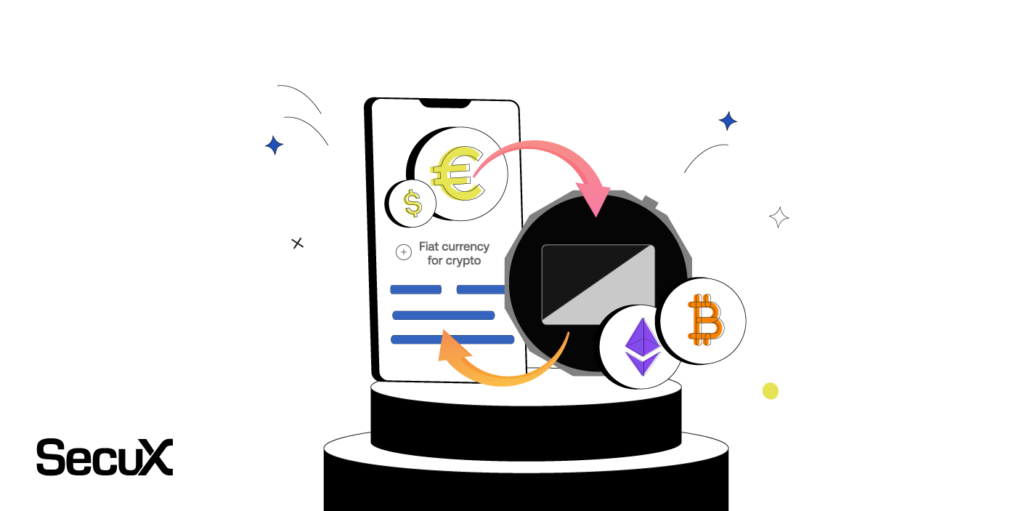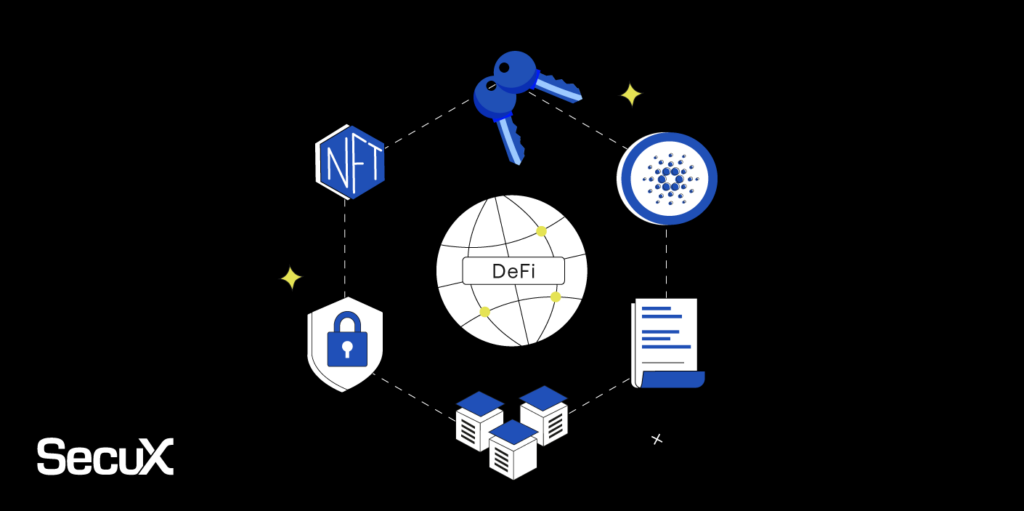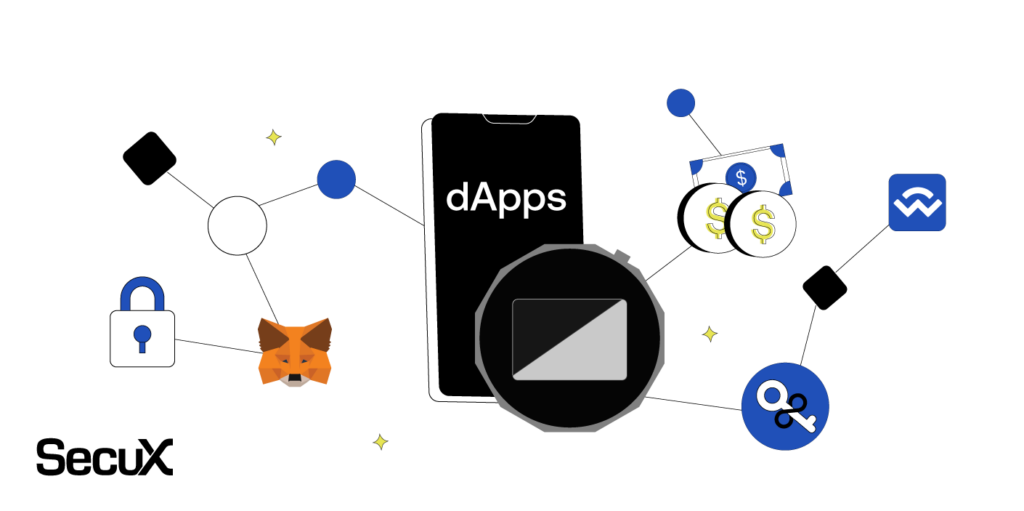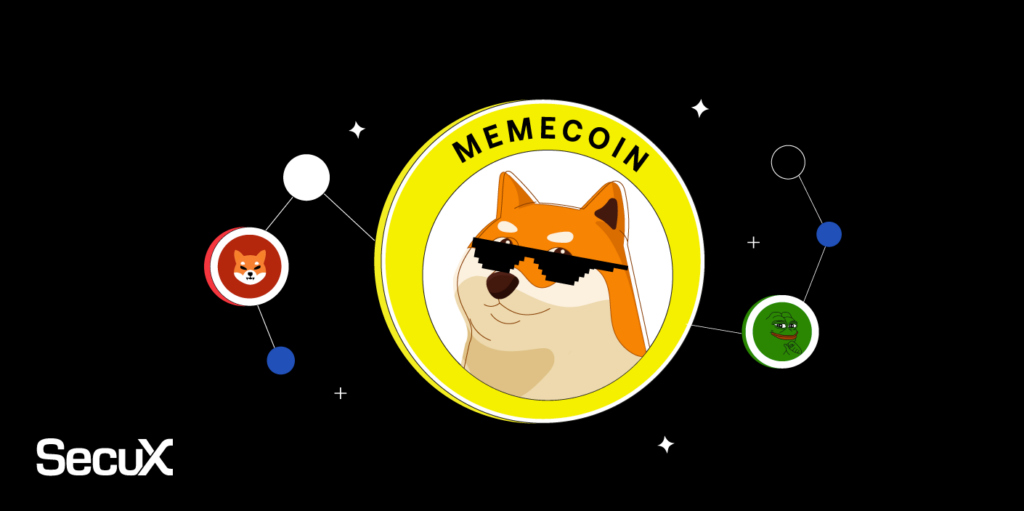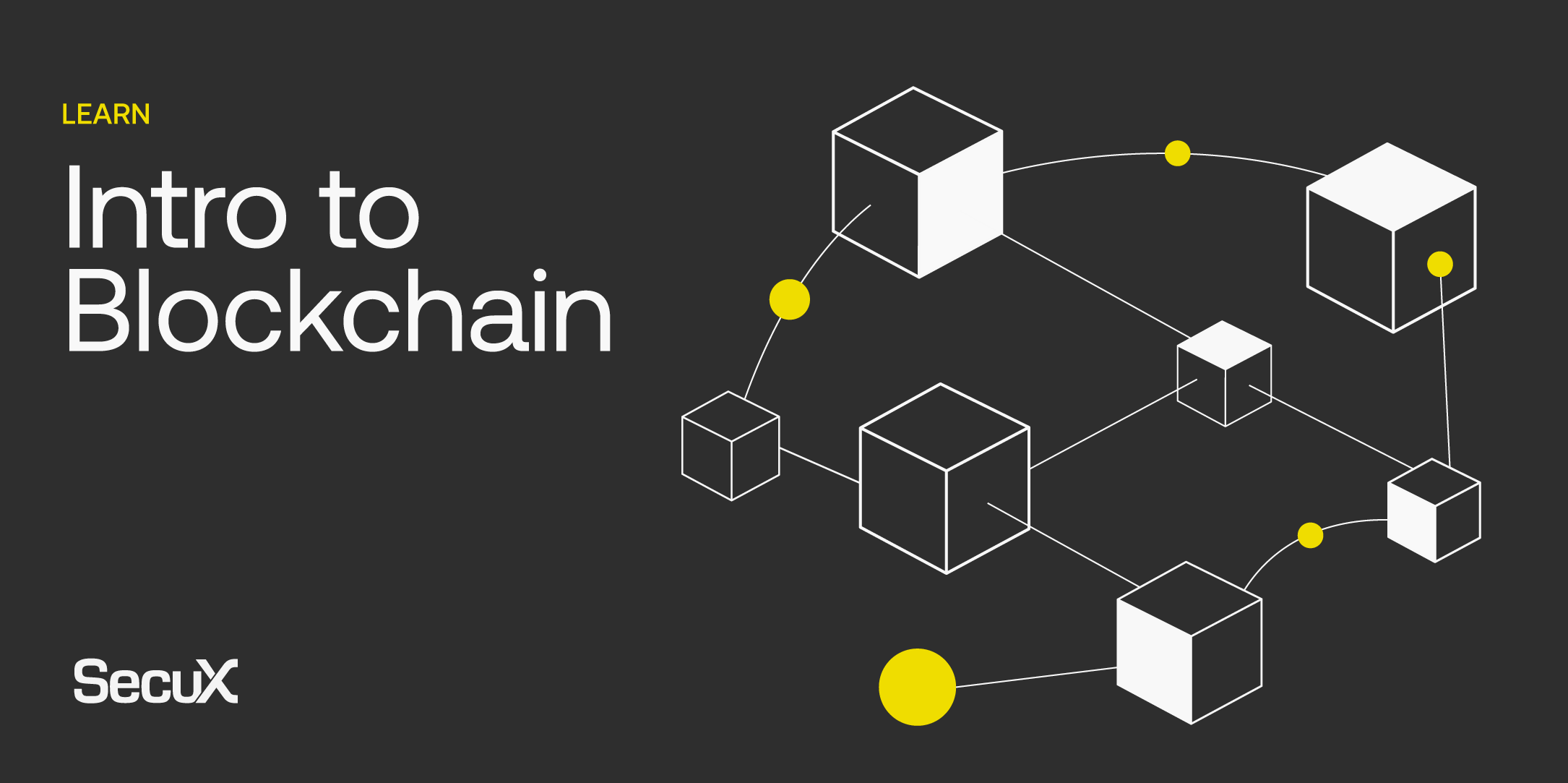
What is blockchain?
Cryptocurrencies operate on a network called the blockchain, which is essentially a chain of blocks that record transactions. When you want to transfer a cryptocurrency, such as a coin or an NFT, the transaction is recorded in a block of data and added to the chain after being verified by the network. To store your cryptocurrencies, you can use a crypto wallet, which can be either a hardware wallet or a software wallet. A hardware wallet is a type of crypto wallet that stores your private keys offline, also known as a cold wallet. This provides an extra layer of security against potential hacks or thefts. On the other hand, a software wallet, also known as a hot wallet, is connected to the internet and is less secure than a hardware wallet. Therefore, it is recommended to use a hardware wallet for the long-term storage of cryptocurrencies.
Decentralized and Distributed
Blockchain is decentralized and prevents fraud
A blockchain is a distributed software network that functions both as a digital ledger and a mechanism enabling the secure transfer of assets without an intermediary. Since most blockchains are decentralized, everyone within a blockchain has access to the ledger. With everyone having access to the same ledger, the possibility of fraud is almost zero. This is due to the blockchain being governed by majority rules. As we introduced in the last post, majority rule is a decision rule that selects alternatives which have a majority, that is, more than half the votes or as in Blockchain, more than half of the users. If someone wanted to modify a blockchain’s ledger, to give himself more money, for example, that hacker would have to modify over 50% of the users in order to pull off a ledger change. Imagine there are 2 million users within that blockchain, they would have to hack over 1 million users at the same time.
Blockchain Utilization
Integrating Blockchain
Just as the internet is a technology that facilitates the digital flow of information, blockchain is a technology that facilitates the digital exchange of units of value. Anything from currencies to land titles to votes can be tokenized, stored, and exchanged on a blockchain network.
The most common use of blockchain today is cryptocurrencies, like Bitcoin, Ethereum, or Binance. When people buy, exchange or spend cryptocurrency, the transactions are recorded on a blockchain. The more people use cryptocurrency, the more widespread blockchain could become.
Transfer of Assets
Blockchain can also be used to record and transfer the ownership of different assets. This is currently very popular with digital assets like NFTs, a representation of ownership of digital art and videos. However, blockchain could also be used to process the ownership of real-life assets, like the deed to real estate and vehicles. The two sides of a party would first use the blockchain to verify that one owns the property and the other has the money to buy; then they could complete and record the sale on the blockchain. Using this process, they could transfer the property deed without manually submitting paperwork to update the local county’s government records; it would be instantaneously updated in the blockchain.
Smart Contracts
Another blockchain innovation is self-executing contracts commonly called “smart contracts.” These digital contracts are enacted automatically once conditions are met. For instance, a payment for a good might be released instantly once the buyer and seller have met all specified parameters for a deal. One of the biggest blockchain that utilizes smart contract technology is Ethereum. Ethereum uses smart contracts for all of the tokens that reside on its ERC-20 chain and DeFi. In the Ethereum blockchain there are thousands of projects that develop DeFi functionality through their smart contracts. Every day it becomes possible to create, buy, sell, borrow or lend out more and more financial products without so much as giving out an email address.
Other applications for blockchain include banking, voting, document verification, and many more. Application for blockchain is transforming day by day and the possibility is endless.
Proof of Work vs Proof of Stake
In blockchain, the verification and validation of transactions is made according to 2 types of consensus protocols: Proof of Work or Proof of Stake.
Proof of Work
In Proof of Work consensus, miners compete against each other to complete transactions on the network and get rewarded. The probability of being selected to build the next block is linked to computation powers of the miners.
Proof of Stake
In Proof of Stake consensus, miners are selected according to how many coins they hold. PoS is more widely used in newly blockchain networks than in older blockchain, for example, Bitcoin network. Proof of Stake also allows users to “stake” in a token or coin, and in return, users will be paid interest for doing so. Staking is similar to investing in stocks and you get interests in return.
Rewards
There are multiple ways to generate interest by staking and the most common ways being rewards for holding and participating/delegating.
Rewards for holding – Users can generate rewards, or interests, by keeping the coins in their wallets for a given period of time, no actions necessary. The amount of rewards received will be determined by the period it has been holding and the original amount being held. This is very much like the banking system that we have today where people can deposit money into a bank account, and they will earn interest based on the time and amount.
Reward for Participating/delegating – users in this scenario will delegate part of their stake to a validator. A validator is someone who is in charge of securing the blockchain network. The validator will then share part of its revenue with those delegating their stakes to him.
Government Support
Support from the government
Numerous governments around the globe also have started supporting blockchain technology. For example, the Chinese government has created an official cryptocurrency, called the digital Yuan, for official use. Another example is El Salvador, where Bitcoin has been classified as a legal currency. As time goes on and as blockchain technology becomes more mature and more widely used, it will be integrated into our daily lives even more.
